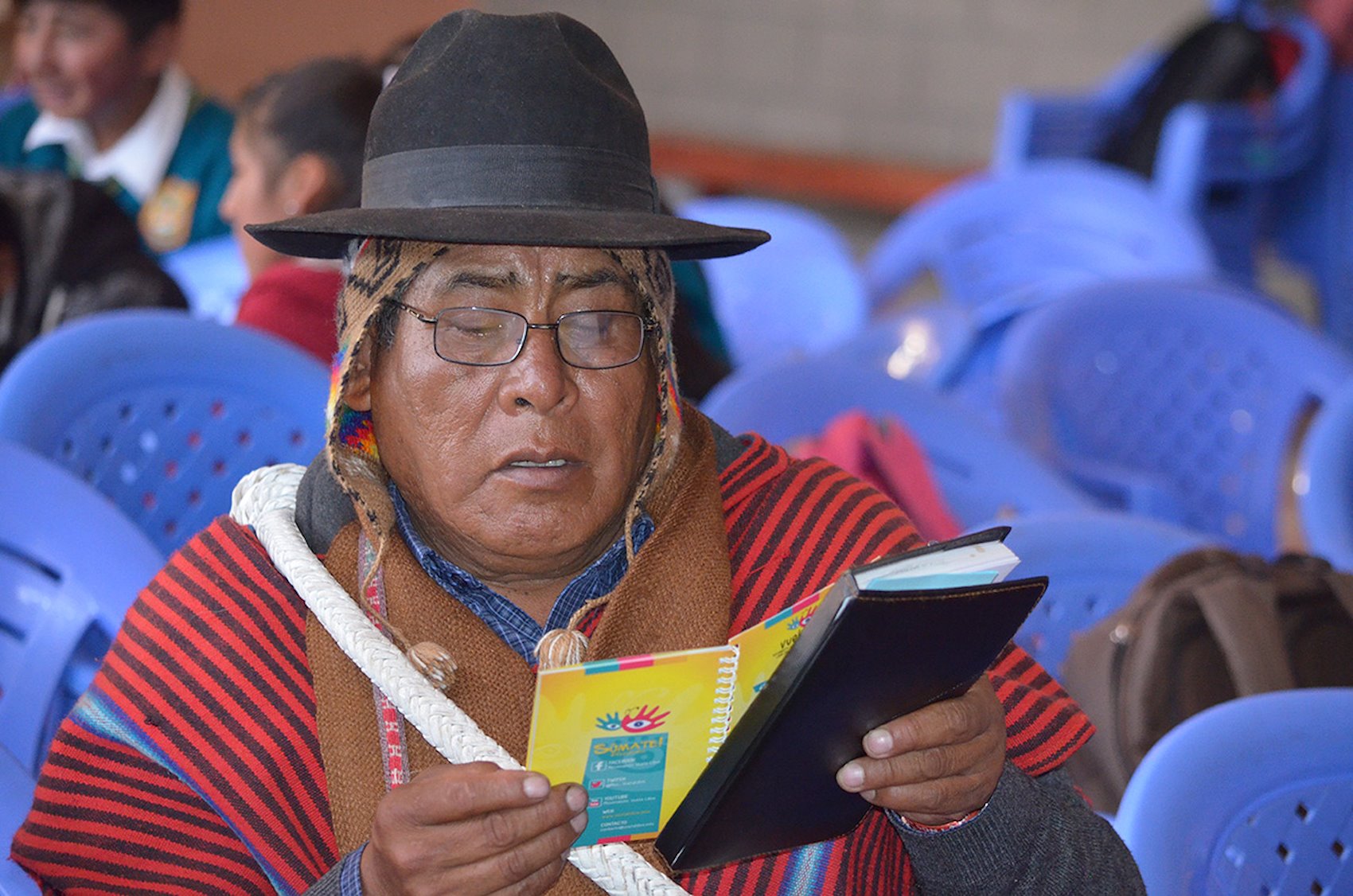We’re sharing three success stories of how travel and the tourism sector in Bolivia, with help from ECPAT Bolivia, have been working to protect children from sexual exploitation in the context of travel and tourism. This story describes how local tourism companies, state and community authorities worked together to create a campaign that prioritises prevention and promotes the rights of children. 🌟
A small municipality in Bolivia, Tiahuanacu is home to archaeological ruins and received about 150 tourists per day in 2019. Because of the increasing interest from visitors that was observed, there was a need for more security—not only for the protection of the ruins, but for local communities and children. It is important, that when the recovery phase for this and other destinations will come after COVID-19, child protection measures remain central.
Many locals working in the tourism industry recognised the potential dangers posed by travelling child sex offenders.
In 2019, approximately 60% of the people in Tiahuanacu provided tourist services, and together with the tourism management, they recognised the potential dangers from travelling child sex offenders.
To reduce the rates of violence and sexual exploitation of children by both foreign and national offenders, the Municipal Directorate of Tourism and the Ombudsman for Children and Adolescents of Tiahuanacu and ECPAT Bolivia started raising awareness and hosting workshops on the issue of sexual exploitation and trafficking of children.

The workshops engaged the community to further their action to protect children. Local tour guides shared how they had received requests from tourists interested in spending a night with local girls, despite no official records of cases of sexual exploitation of children in Tiahuanacu.
Because of the support from the local tourism companies, students, families, as well as state and community authorities, the campaign ‘Tiahuanacu tourist destination free of sexual exploitation of children’ was launched. The Tourism Management Department, the Vice Ministry of Tourism and ECPAT Bolivia were involved. The launch of the campaign demonstrated the municipality’s commitment to signing an agreement that prioritises prevention and campaigning to promote the rights of children.
Tour guides shared that tourists would request to spend a night with local girls.
The local communities are key to help generate more support for prevention campaigns everywhere. When both the travel and tourism industry, inhabitants and indigenous authorities are responsible to protect children from sexual exploitation in the area it leads to committed “agents of change” that are closely linked to the local community and have the capacity to engage others about the issue.
Governments:
The Private Sector: